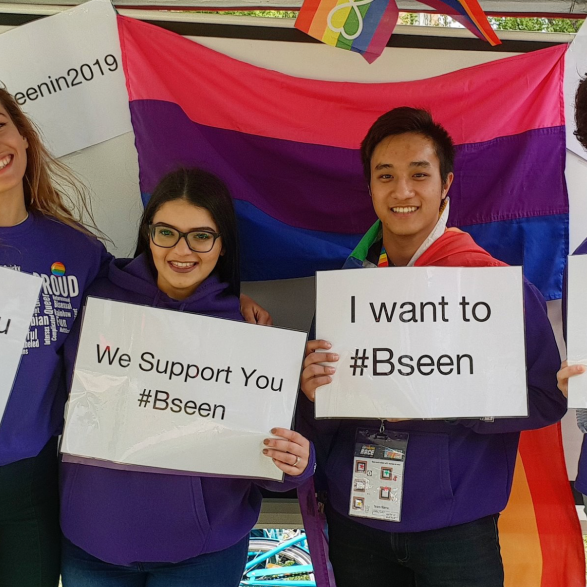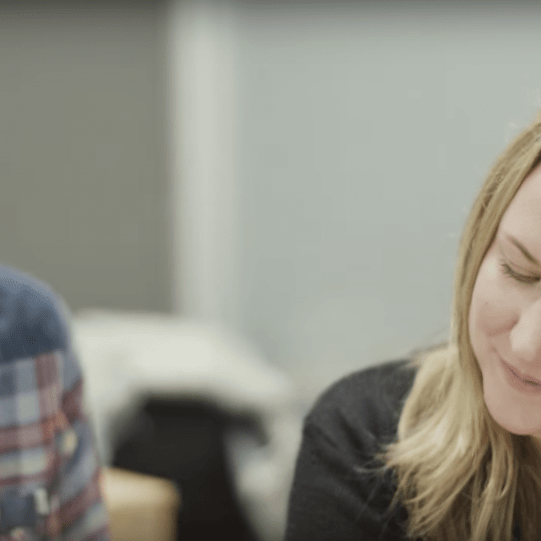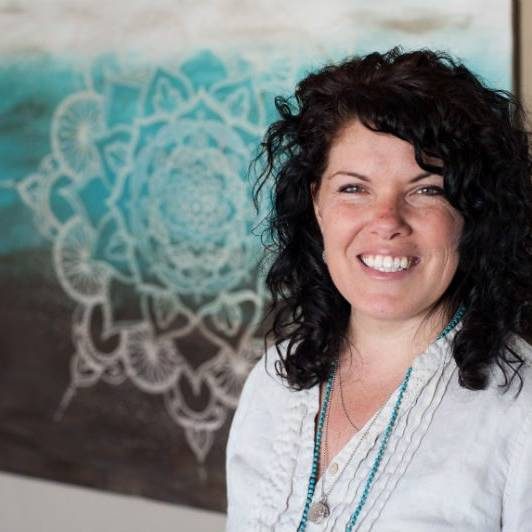 Who can I trust? Same-sex attracted women might be concerned about being open with issues related to sexuality
Who can I trust? Same-sex attracted women might be concerned about being open with issues related to sexuality
Seeking professional help for all issues is always a tricky business, whether that is finding a plumber for the burst pipe that flooded your bathroom, a mechanic for the broken-down Holden sitting in the garage, or a sparky to fit the gorgeous new mood lighting you want to be installed in the bedroom. Word of mouth is often a great indicator of value for money. Finding a good counsellor who will understand your issues, and not judge you for them, is especially delicate – and sometimes even word of mouth is not going to get you what you want.
The difficulty finding the right therapist is based on a simple premise – in order to get the best out of counselling, you need to talk about sensitive issues that are hard to discuss with anyone and essentially leave yourself open, exposed and feeling vulnerable. It goes without saying that in order to do those things you need to trust the person sitting in the chair opposite you and believe strongly in their integrity that they won’t take advantage or belittle you or undermine your difficulties or even expose your closely guarded secrets to the world.
That kind of trust is not something that can be measured solely by the number of certificates your counsellor displays on their wall or by the glowing words your best friend espoused on the benefits of seeing such a person. Not that either of these things aren’t important: finding a counsellor who is fully qualified is essential, and don’t be afraid to ask them about their background in training and their work experience. As for word-of-mouth, this can be a great place to start in your quest for the ideal practitioner, but as we all have our own personal bias towards certain personality traits, it is not a guarantee that you too will be impressed!
Research into the various different counselling modalities (and there are hundreds!) has shown that there isn’t a great deal of difference between them in terms of getting the job done. The biggest discovery has been that it’s the client/counsellor relationship that is the most important aspect. Again, theories and techniques learned through professional training are important – frameworks are essential to help us understand and commit to strategies that are helpful in the process of change. However, even with the best understanding of the counselling processes, a counsellor who is unable to deeply connect and engage with their client is practically worthless. This is why it is important to trust your gut instinct before you commit to counselling. Shop around if need be. Find someone you are comfortable with.
Same-sex attracted women might be concerned about being open with issues related to sexuality. Will the counsellor fully understand the issues you face in your relationship? Can they relate to the stigma and discrimination you may face on a regular basis? Do they comprehend issues related to being part of a minority group? Are they comfortable talking about issues related to your sex life? Finding a counsellor who is LGBTI friendly is important, and thankfully there are practitioners out there who fit that bill.
VAC offers a counselling service for same-sex attracted women (including drug and alcohol counsellors). All of the counsellors are fully qualified or from reputable training organizations under supervision. It is set up to be an affordable service for the LGBTI community, with low costs for those who are currently unemployed or on low wages. Find out face-to-face if they fit the criteria you personally need.
Contact VAC on 03 9865 6700 for more info on their counselling services.





